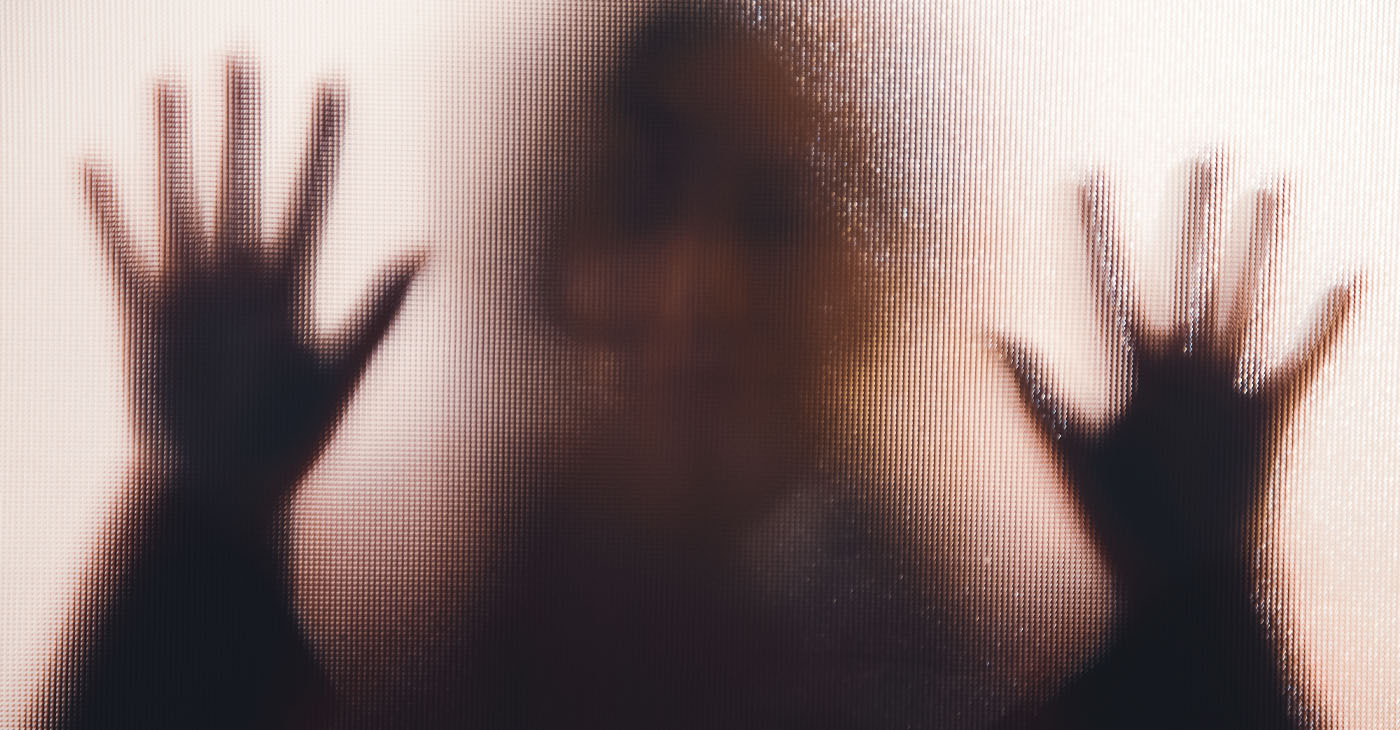By Stacy M. Brown, NNPA Newswire
Federal prosecutors said the fight against human trafficking, a crime that harms some of the most vulnerable members of society, counts among their highest priorities.
“We are committed to vindicating the rights of human trafficking crime victims by bringing their traffickers to justice and working to ensure that survivors have access to restitution, services, and assistance that are needed to rebuild their lives,” U.S. Attorney Roger B. Handberg said in a statement.
U.S. Department of Justice officials maintain that their strong efforts continue to combat human trafficking.
Earlier this year, the U.S. Attorney General released the Department of Justice’s National Strategy to Combat Human Trafficking.
The strategy laid out the Department’s multi-year plan to combat all forms of human trafficking, focusing on efforts to protect victims of trafficking, prosecute human trafficking cases, and prevent further acts of human trafficking.
The Human Trafficking Institute estimates that there are 24.9 million victims of human trafficking globally.
In 2020, the Institute reported that federal courts in all 50 states, the District of Columbia, and 4 U.S. territories handled 579 active human trafficking prosecutions, 94% of which were sex trafficking cases and 6% forced labor cases.
According to the Bureau of Justice Statistics, individuals prosecuted for human trafficking increased from 729 in 2011 to 1,343 in 2020, an 84% rise.
The number of persons convicted of a federal human trafficking offense increased from 2011 (464 persons) to 2019 (837 persons) before falling in 2020 (658 persons). Of the 1,169 defendants charged in U.S. district court with human trafficking offenses in the fiscal year 2020 — 92% were male, 63% were white, 18% were black, 17% were Hispanic, 95% were U.S. citizens, and 66% had no prior convictions.
By the end of 2020, for the 47 states that reported data, 1,564 persons were in the custody of a state prison serving a sentence for a human trafficking offense.
The District of Columbia reported zero new criminal human trafficking cases filed in federal courts in 2021.
The advocacy organization Hope for Justice defines human trafficking as modern slavery, where one person controls another for profit by exploiting a vulnerability.
Victims usually are forced to work or are sexually exploited, and the trafficker keeps all or nearly all the money. The control can be physical, financial, or psychological.
ChildWelfare.com says the legal definition of trafficking involves “the exploitation of people through force, coercion, threat, and deception and includes human rights abuses such as debt bondage, deprivation of liberty, and lack of control over freedom and labor.”
The organization noted that trafficking could be for purposes of sexual exploitation or labor exploitation.
In 2004, officials formed the D.C. Human Trafficking Task Force to increase the prosecution of traffickers while identifying and serving the victims.
The task force’s primary goal is to “facilitate a more coordinated anti-trafficking effort in the D.C. area through protocol development, extensive community outreach, proactive investigations, law enforcement training, intelligence sharing, and more formalized partnerships between law enforcement organizations and non-governmental organizations.”
Additionally, while the holiday season counts as a time of joy, happiness, and fun, the nonprofit Shero Foundation said for human trafficking victims, the holidays are no different from any other day.
Law enforcement officials said traffickers typically increase their illegal activities during the holiday season.
“We let our guard down because you’re supposed to be joyful, and, you know, it’s a great time of year. And unfortunately, we have people out there that don’t care what time of year it is,” Tony Mancuso, a sheriff in Calcasieu Parish, Louisiana, told reporters in a pre-Christmas interview in 2021.
“California is home to some of the largest hubs for sex and labor trafficking in the United States, and it is beyond the time our state takes the necessary steps in combatting this criminal enterprise,” Democratic Assemblymember Tim Grayson insisted.
Grayson noted that human trafficking was a $150 billion-a-year global industry and introduced a bill to establish the California Multidisciplinary Alliance to Stop Trafficking Act (California MAST).
The bill aims to examine and evaluate existing programs and outreach for survivors and victims of human trafficking and provide recommendations to strengthen California’s response to supporting survivors and holding offenders accountable.
“In my search for a better life, I found myself exploited by various individuals similar to other child trafficking survivors,” said Jimmy Lopez, survivor advocate for the Coalition to Abolish Slavery and Trafficking. “Human trafficking is an invisible crisis plaguing our state and forcing thousands of children to grow up too fast; we must stop trafficking in its tracks, and we must hold offenders accountable,” Lopez said.
If you or someone you know needs help, call the National Human Trafficking Hotline toll-free hotline, 24 hours a day, 7 days a week at 1-888-373-7888 to speak with a specially trained Anti-Trafficking Hotline Advocate.
Support is provided in more than 200 languages. Hotline officials said they are there to listen and connect those in need with the help required to stay safe. Callers can dial 711 to access the Hotline using TTY.
You can also email help@humantraffickinghotline.org.
To report a potential human trafficking situation, call the hotline at 1-888-373-7888, or submit a tip online here.
All communication with the hotline is strictly confidential.
Stacy M. Brown, NNPA Newswire Correspondent


 Activism4 weeks ago
Activism4 weeks ago
 Activism4 weeks ago
Activism4 weeks ago
 Alameda County4 weeks ago
Alameda County4 weeks ago
 Activism4 weeks ago
Activism4 weeks ago
 Alameda County4 weeks ago
Alameda County4 weeks ago
 Activism4 weeks ago
Activism4 weeks ago
 Activism4 weeks ago
Activism4 weeks ago
 Activism3 weeks ago
Activism3 weeks ago


















































